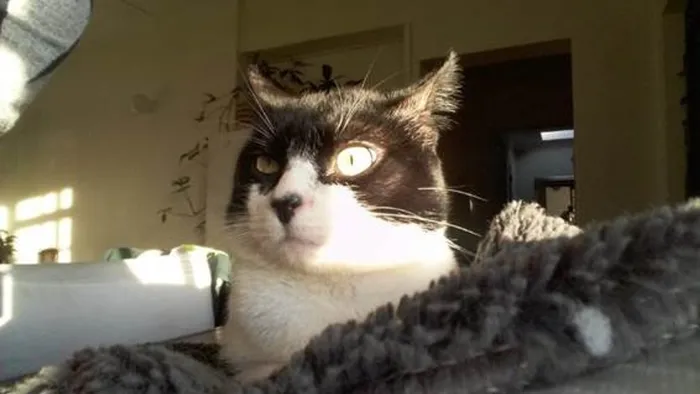SPCA warns against bogus vets

The SPCA says an individual posing as a vet performed a botched castration on this cat named Howard.
The Cape of Good Hope SPCA has warned the public not to be taken in by bogus vets following a botched castration on a cat.
The SPCA has opened a case with the police and lodged a formal complaint with the South African Veterinary Council (SAVC) following an alert from the People’s Dispensary for Sick Animals (PDSA).
SPCA spokeswoman, Belinda Abraham, said an individual posing as a vet had performed the castration bare-handed on the cat owner’s dining room table on Wednesday July 12.
“The cat named Howard was according to his owner, sedated but flinching throughout the entire procedure. She also noted excessive cutting to her cat’s scrotum and significant force to expose the testes. Two to three hours later, when Howard began bleeding profusely, he was rushed to a private veterinary practice in Rondebosch where he was stabilised overnight before being transferred to the PDSA on Thursday July 13,” she said.
“The findings of the veterinarian at the PDSA are horrifying and leave us with no doubt that the individual who carried out the procedure was not qualified to do so. Howard was dehydrated and presented with pale pink mucous membranes and a packed cell volume well below the normal range – all indications of significant blood loss. In summary, Howard had endured unnecessary pain and suffering brought about by a very poor standard of surgery and he could have died as a result.”
SPCA chief inspector, Jaco Pieterse, said: “We hope that the arrest of this individual and the ensuing criminal case serves as a warning to any other individuals defrauding the public and looking to make a quick buck by offering services they are unqualified for.”
The SPCA opened a case with Maitland SAPS on Friday July 21 and the suspect was arrested and detained the same day. The accused was denied bail at his court appearance on Monday July 24 and remanded in custody until Monday July 31 when he was granted bail of R2 000 on condition that he not make contact with State witnesses.
The accused faces charges of contraventions of the Animals Protection Act and is set to appear before court on Friday October 20.
The SPCA says there are several warning signs that you could be dealing with a bogus vet:
• They make house calls. House calls by a qualified veterinarian are extremely unlikely.
• They offer routine veterinary treatments like deworming, vaccinations and tick and flea control at low prices.
• They carry out a surgical procedure in an unsterilised environment.
• If it’s too good to be true, you’re potentially being defrauded. If in doubt, consult SAVC to check if the person is indeed registered as a veterinarian by calling 012 345 6360.